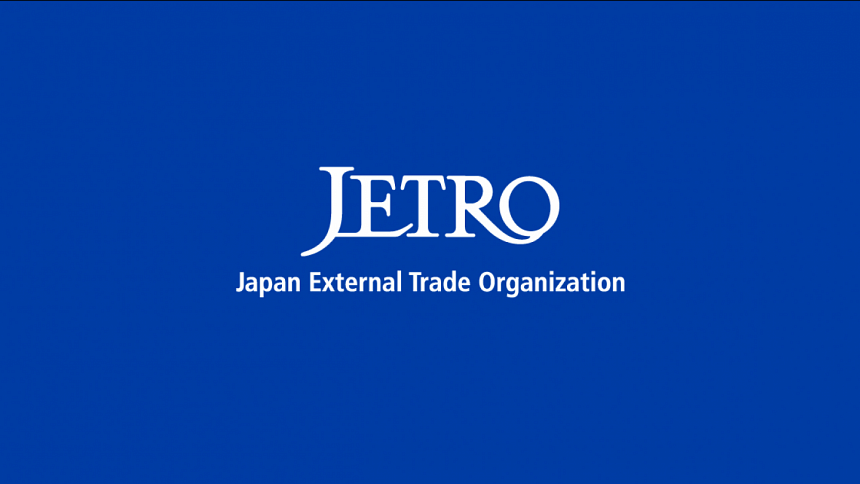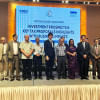72% Japanese companies want to expand operations in Bangladesh

Nearly 72 percent of Japanese companies operating in Bangladesh want to expand their business in one or two years, said a survey of the Japan External Trade Organisation (Jetro) unveiled today.
With this, Bangladesh takes the second spot among the countries in Asia and Oceania regions where Japanese companies have operations, according to the survey report presented at the Gulshan office of the Metropolitan Chamber of Commerce and Industry (MCCI) in Dhaka.
The survey was conducted from August 22 to September 21, 2022 last year and responses from nearly 4,400 companies were considered, said Yuji Ando, country representative of Jetro.
Some 214 Japanese companies that are present in Bangladesh also took part in the survey.
The survey found that around 62 percent of Japanese companies in Bangladesh expect to turn a profit in 2023.
"Japanese companies in India widely appreciated the size and growth potential of the market. Similarly, the companies in Indonesia, Bangladesh and Vietnam also had high growth expectations," said Ando.
He said companies in Cambodia and Pakistan also had high expectations about growth potential compared to the current market size.
"Bangladesh's market has a growth potential as well."
However, evaluations of the general business environment were not good.
Sixty percent of Japanese firms in Australia, Singapore, Thailand, Vietnam, and Malaysia were very positive about the business environment. The proportion between positive and negative answers was almost the same in India.
In Bangladesh, 70.8 percent of firms said they were dissatisfied with the general business environment in the country. Of them, 26.2 were highly dissatisfied and 44.6 percent slightly dissatisfied, according to the survey.
Some 73 percent of Japanese companies termed complicated customs clearance procedures as the biggest challenge for business operations in Bangladesh, followed by volatility in the exchange rate, difficulties in local procurement of raw materials and parts, and shortage of electricity.

 For all latest news, follow The Daily Star's Google News channel.
For all latest news, follow The Daily Star's Google News channel. 








Comments